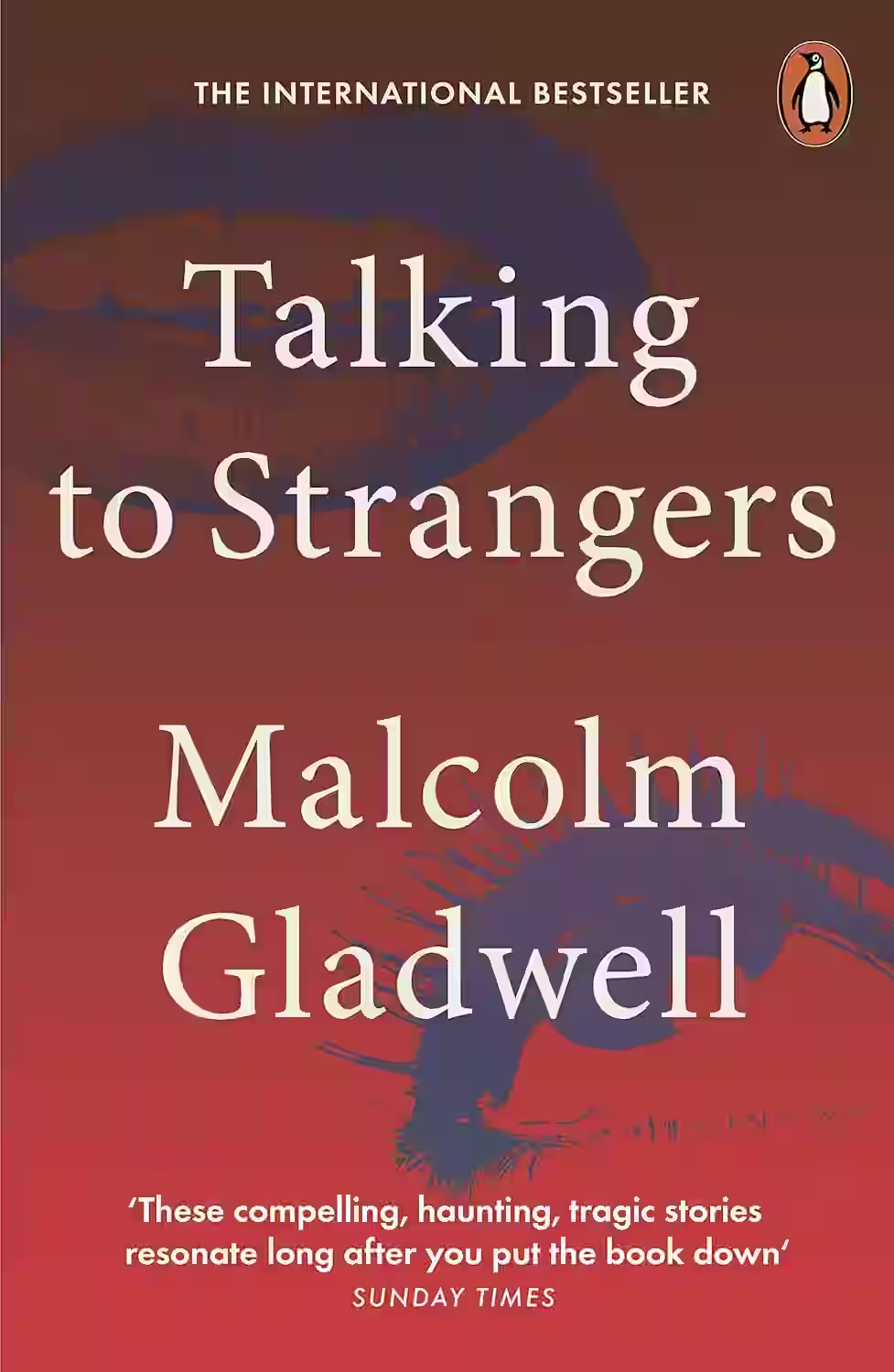
In 'Talking to Strangers: What We Should Know about the People We Don't Know', Malcolm Gladwell delves into the complex dynamics of human interactions with strangers. Through a blend of psychology, sociology, and real-life anecdotes, Gladwell explores how our innate biases and misconceptions shape our understanding of unfamiliar individuals. He investigates infamous cases like the arrest of Sandra Bland and the betrayal of Bernie Madoff to illustrate the challenges of deciphering strangers' true intentions. This thought-provoking book challenges readers to reassess their assumptions and offers valuable insights into communication and trust in a modern society filled with unknown faces.
About Malcolm Gladwell
Malcolm Gladwell, born in England in 1963, is a renowned author and journalist known for his compelling narrative nonfiction that delves into social psychology and human behavior. He began his career at The Washington Post and The New Yorker, gaining recognition for his unique storytelling style. Gladwell's breakthrough book, 'The Tipping Point,' explores how small actions can lead to significant changes in society. He continued to capture readers' attention with bestsellers such as 'Blink,' 'Outliers,' and 'David and Goliath.' Gladwell's thought-provoking insights and ability to make complex ideas accessible have made him a celebrated figure in literature and a captivating speaker on various topics.
Other Books by Malcolm Gladwell
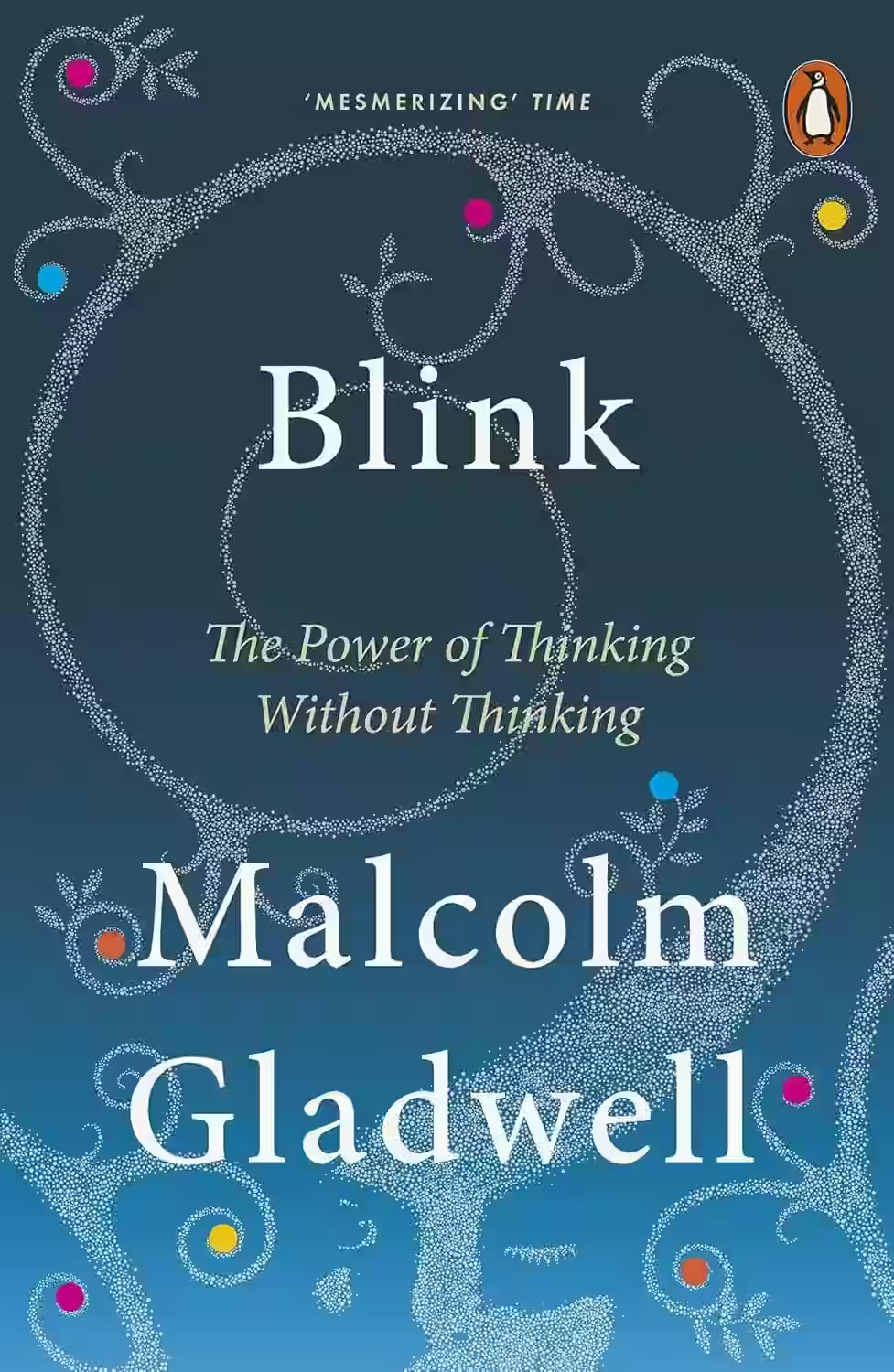
Blink: The Power of Thinking Without Thinking
In 'Blink: The Power of Thinking Without Thinking,' Malcolm Gladwell delves into the intriguing concept of rapid cognition and its impact on decision-making. Through captivating anecdotes and thought-provoking research, Gladwell explores how our intuition and subconscious play a significant role in our choices. He discusses the power of thin-slicing, the ability to make quick judgments based on limited information, and raises questions about the reliability of snap judgments. This book challenges conventional wisdom on how we make decisions and offers valuable insights into the hidden forces that shape our choices. 'Blink' is a compelling read that will make you reassess the way you think and decide.
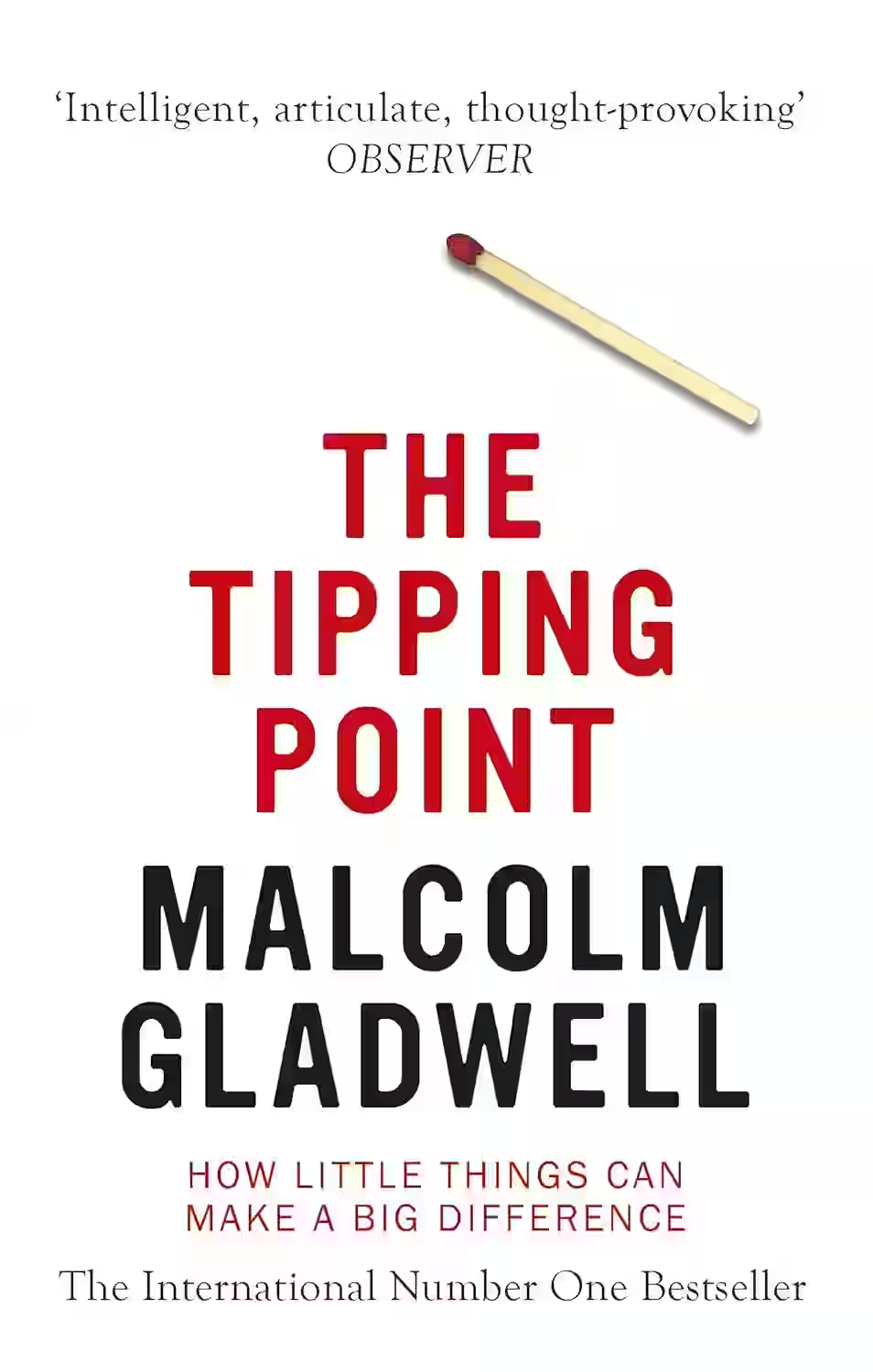
The Tipping Point: How Little Things Can Make a Big Difference
Malcolm Gladwell's 'The Tipping Point' delves into the fascinating concept of how small actions can lead to significant societal changes. Through compelling anecdotes and thorough research, Gladwell explores the tipping point phenomenon, where ideas, trends, and behaviors suddenly reach a critical mass and spread rapidly. He identifies key factors such as the Law of the Few, the Stickiness Factor, and the Power of Context that contribute to these tipping points. By examining real-world examples like the sudden popularity of Hush Puppies shoes, Gladwell offers thought-provoking insights into social epidemics and how individuals can leverage these tipping points for positive change.
Similar Books
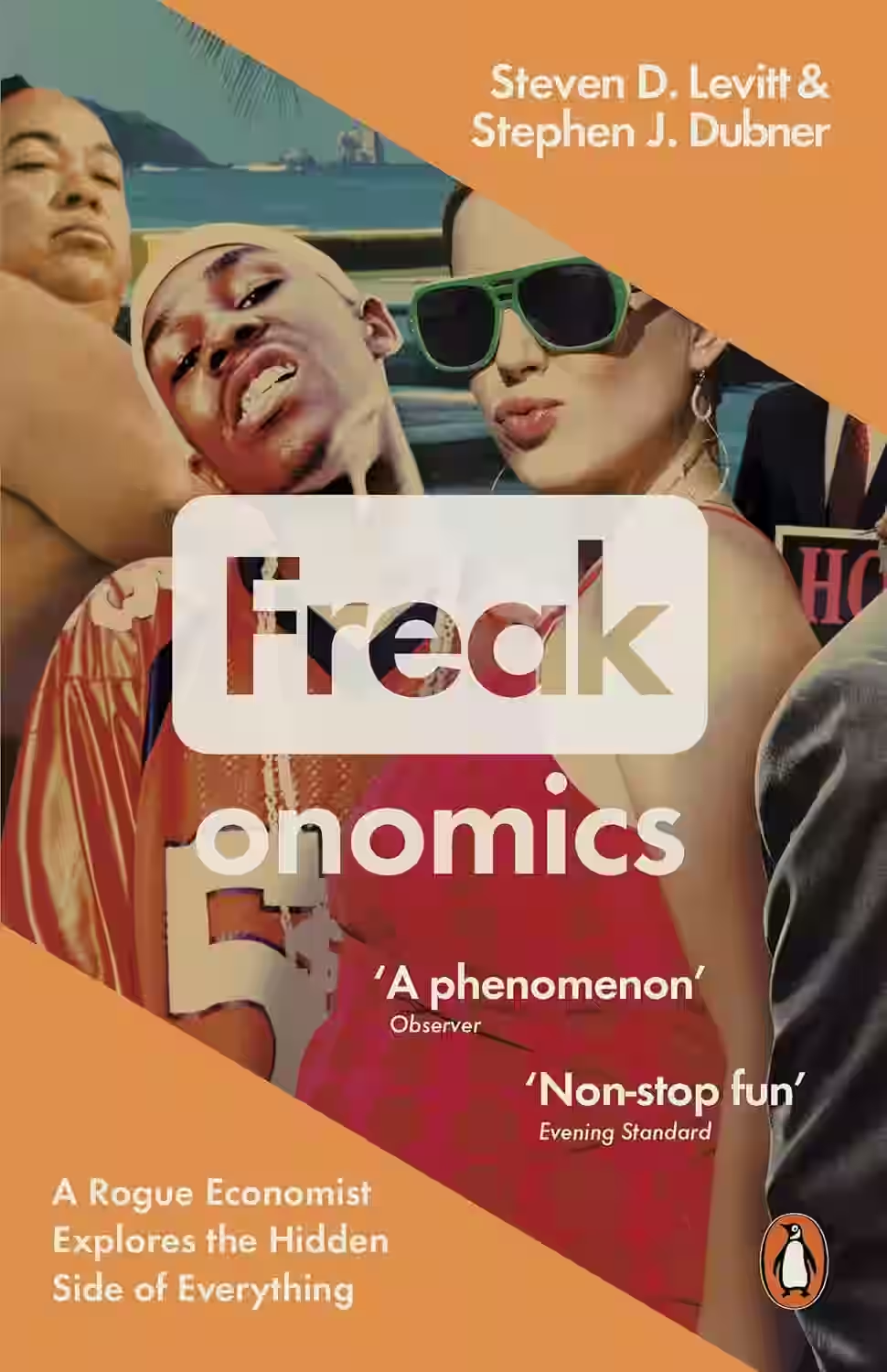
Freakonomics: A Rogue Economist Explores the Hidden Side of Everything
by Steven D. Levitt, Stephen J. Dubner
In 'Freakonomics,' Steven D. Levitt, along with journalist Stephen J. Dubner, delves into the intriguing world of economics to uncover unconventional truths behind everyday phenomena. This book challenges traditional thinking by examining how incentives drive human behavior, exploring correlations between seemingly unrelated factors, and revealing the unexpected consequences of various decisions. Levitt's unconventional approach to data analysis and his ability to ask the right questions make 'Freakonomics' a compelling and thought-provoking read that sheds light on the hidden dynamics shaping our world. From exploring cheating in sumo wrestling to the impact of parenting on children, this book offers a fresh perspective on the complexities of life's mysteries.

Boundaries
by Dr. Henry Cloud, Dr. John Townsend
In 'Boundaries' by Dr. Henry Cloud, readers are taken on a journey of self-discovery and personal growth through the exploration of setting healthy boundaries in various aspects of their lives. The book delves into how establishing boundaries can lead to improved relationships, enhanced self-esteem, and a better understanding of one's own needs and limits. With insightful anecdotes, practical advice, and relatable examples, Dr. Cloud empowers readers to take charge of their lives and create the necessary boundaries to foster emotional and mental well-being. 'Boundaries' is a transformative guide that offers valuable lessons on communication, assertiveness, and respect.

The Structure of Scientific Revolutions
Kuhn’s seminal work revolutionized how we understand science. He argues that scientific progress doesn’t occur gradually, but through paradigm shifts—periods of radical change in fundamental frameworks. Normal science operates within accepted paradigms until anomalies accumulate, prompting a crisis and eventual revolution. Kuhn uses historical case studies to illustrate this cycle, challenging the belief in linear scientific advancement. First published in 1962, The Structure of Scientific Revolutions has had a lasting impact on the philosophy of science, influencing fields from sociology to history. It remains essential reading for anyone seeking to understand how scientific knowledge evolves.
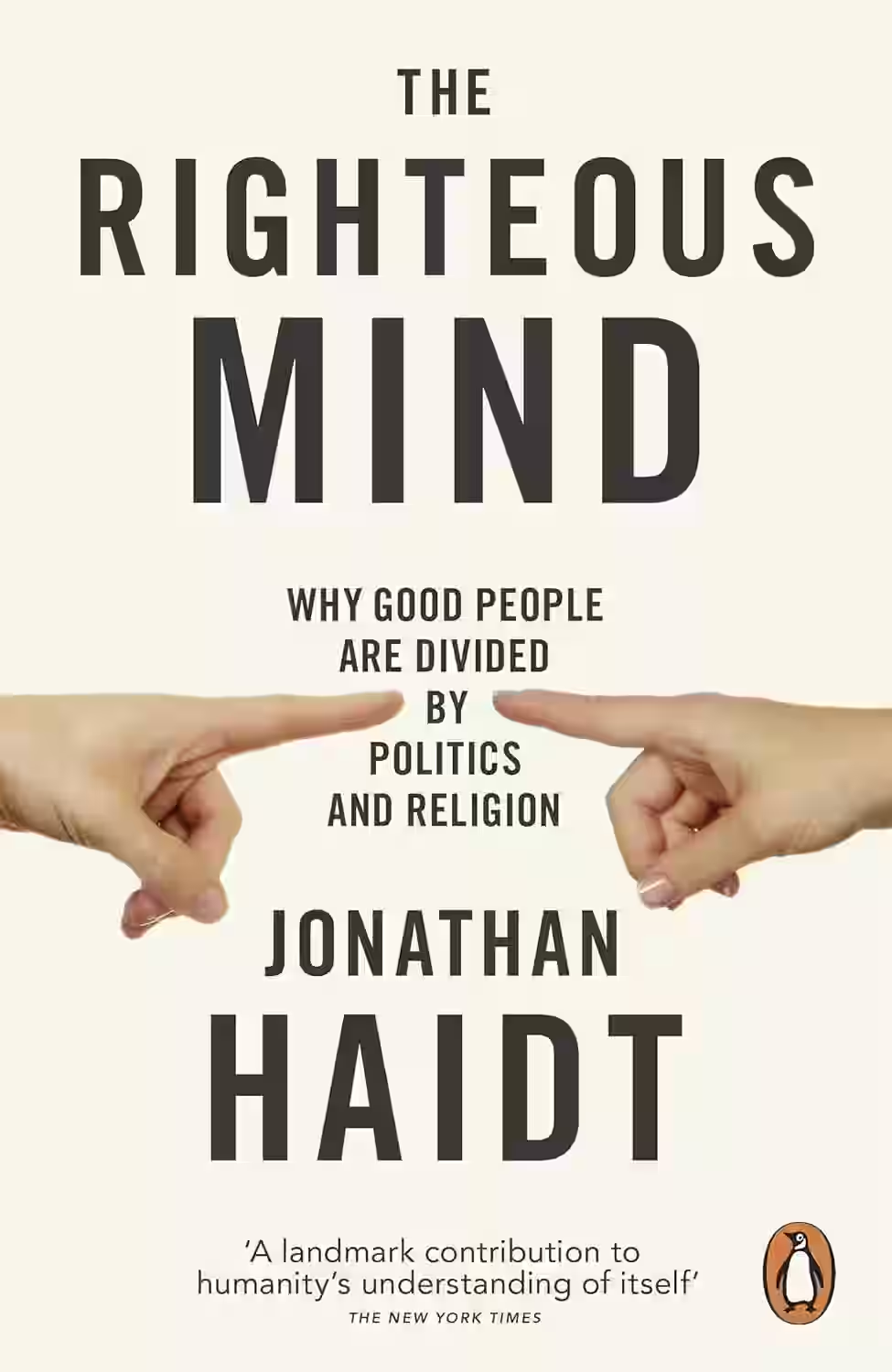
The Righteous Mind
In 'The Righteous Mind,' Jonathan Haidt delves into the psychological roots of morality, arguing that our moral judgments are primarily based on intuition rather than reasoning. Haidt explores how our political and social beliefs are influenced by our moral foundations, challenging readers to consider differing perspectives with empathy and understanding. Through engaging anecdotes and thought-provoking research, he presents a compelling case for the importance of moral diversity in society. This book offers profound insights into the complexities of human morality and provides a roadmap for bridging ideological divides. 'The Righteous Mind' is a must-read for anyone seeking to grasp the fundamental forces shaping our beliefs and behavior.